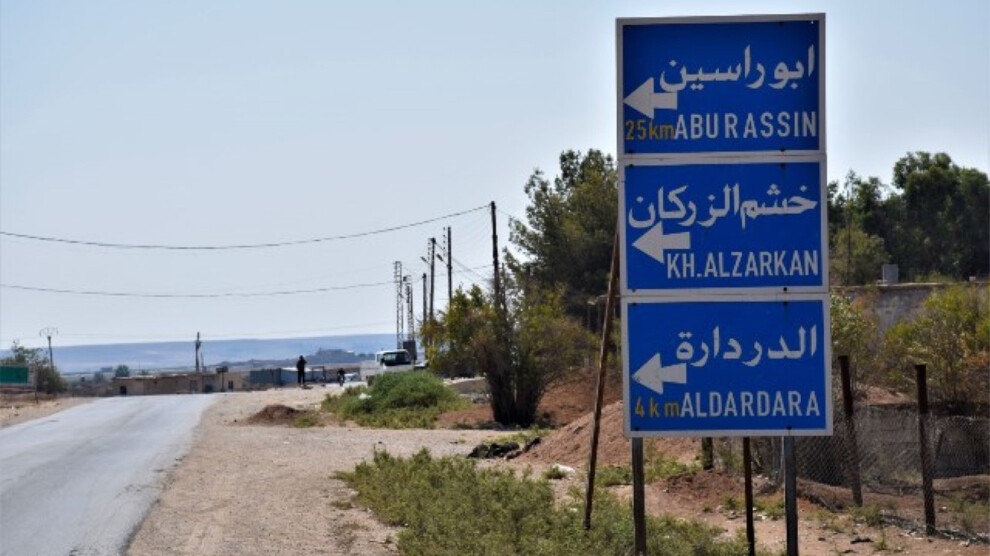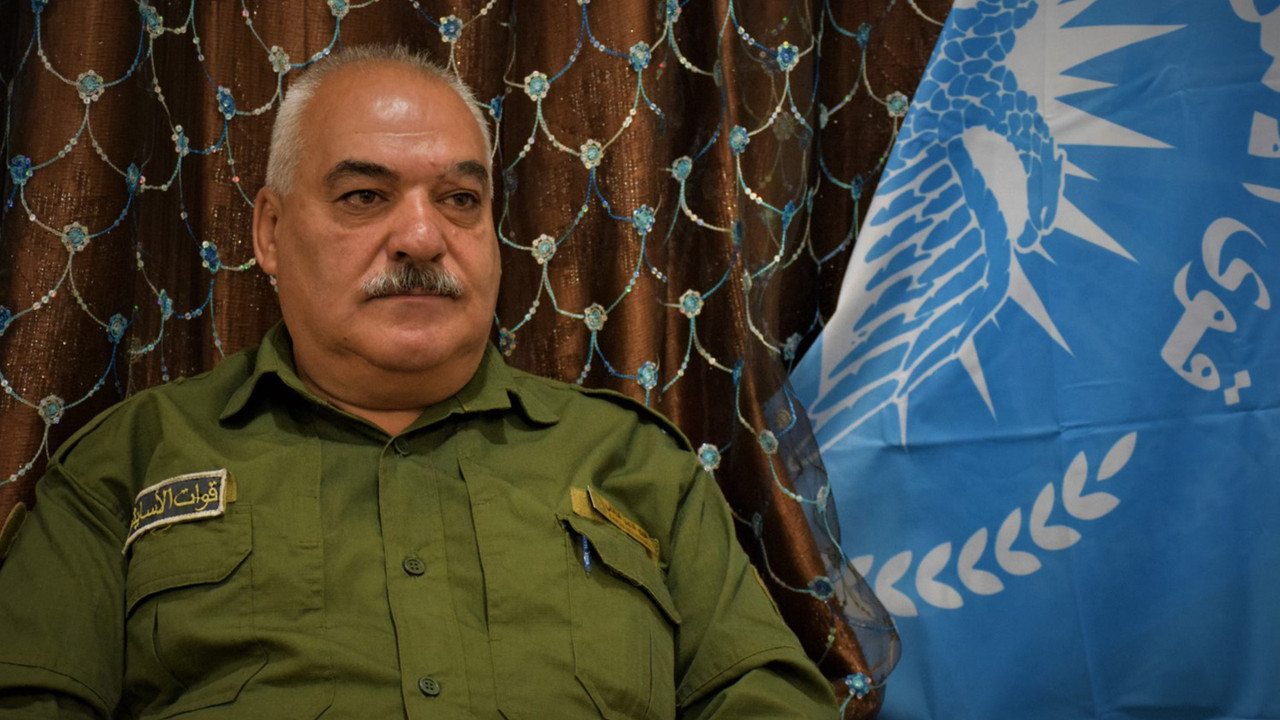Road between Til Temir and Zirgan closed due to Turkish attacks
In response to continued attacks by Turkish jihadist occupation forces, the road connecting Til Temir and Zirgan has been temporarily closed.
In response to continued attacks by Turkish jihadist occupation forces, the road connecting Til Temir and Zirgan has been temporarily closed.

In response to continued attacks by the Turkish army and allied jihadist militias, the road connecting Til Temir and Zirgan (Abu Rasen) has been closed. According to the Asayish, the security authority of the Autonomous Administration of North and East Syria (AANES), the closure is necessary to protect the population from escalating attacks by Turkey and its mercenaries. "The occupying forces are trying to expel the indigenous population from their settlement areas by means of warlike aggression. In order not to risk casualties, we appeal to our residents to avoid the road," said Selman Nûhî, an Asayish officer in charge of Til Temir. Along the contact line, new protective walls made of concrete blocks weighing several tonnes are springing up like mushrooms. Recently, there have been more targeted attacks on vehicles from these positions.

Most recently, on Sunday, several vehicles on the approximately 25-kilometre-long traffic route were fired upon by machine guns. The starting point of the attacks was the occupation zone. Before that, the region was intensively shelled with artillery, large calibres and "small arms" by Turkish-backed jihadists for several days. It is currently unclear when the temporary closure of the road between Til Temir and Zirgan will be lifted.
North of Til Temir is the line of contact with Turkey's illegal occupation zone. There, preparations for a large-scale attack on the north-eastern Syrian autonomous areas have apparently been underway for days. The connecting road closed by the Asayish runs between the strategic trunk roads 712 and M4 and leads to the self-administered town of Zirgan, which lies east of the already fully occupied town of Serêkaniyê (Ras al-Ain). Since 2019, Turkey has been trying to incorporate both towns into its zone of occupation.